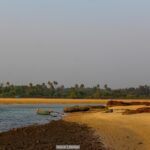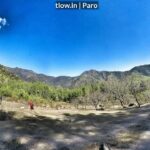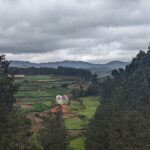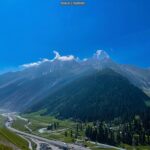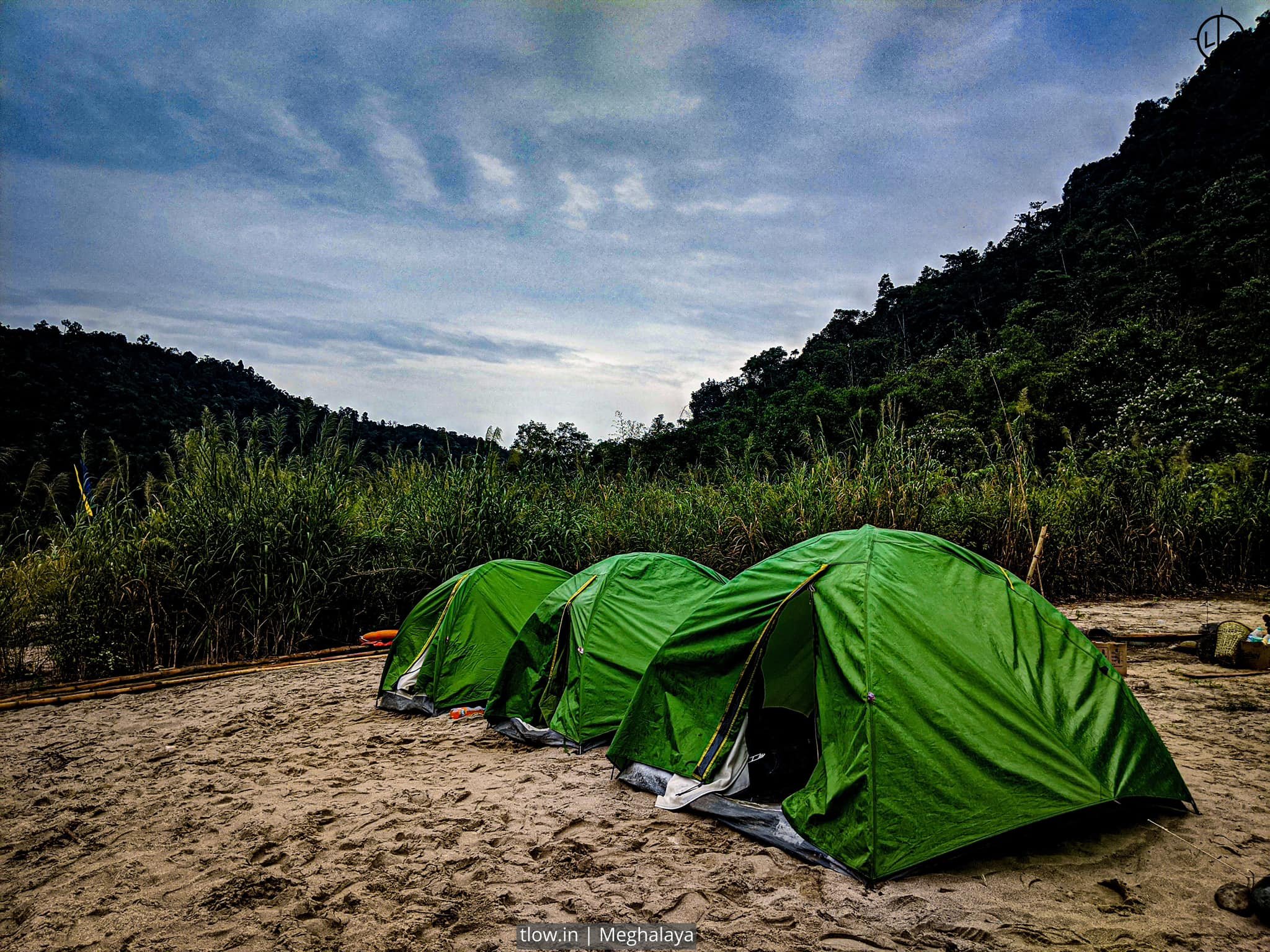
10 awesome tips for homeschooling kids while camping
Homeschooling kids while camping can be a wonderful way to combine education and outdoor fun. Homeschooling camping is a unique way to combine education and outdoor exploration. It involves taking education outside of the home and into nature, allowing children to learn through hands-on experiences and outdoor activities while camping.Here are some ideas on how to homeschool your kids while camping:
Table of Contents
1. Nature Studies:
Take advantage of the natural environment around you to teach your kids about different plants, animals, and natural habitats. Go on nature hikes, observe wildlife, and learn about the ecosystem.
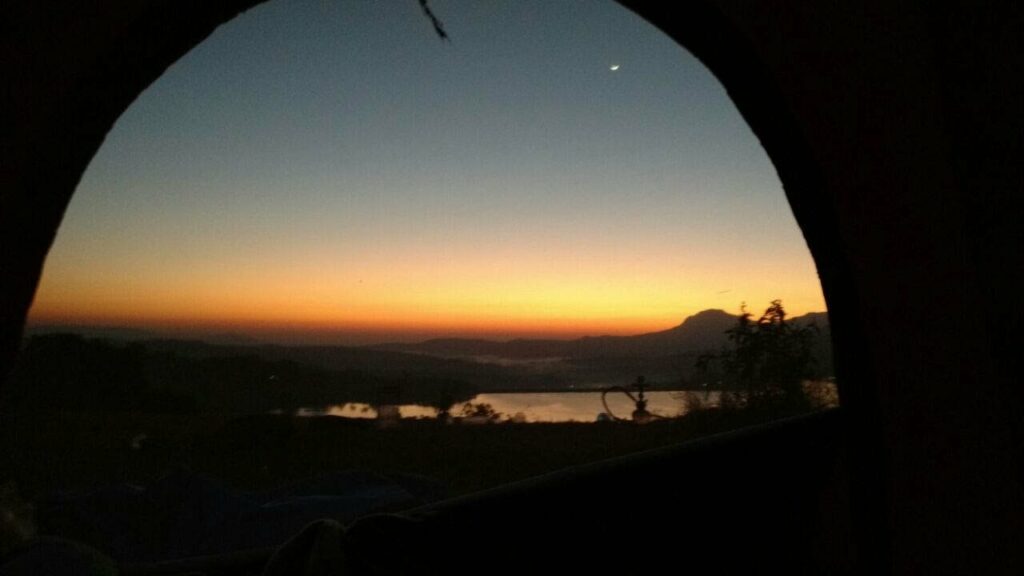
Select a campground or an outdoor area that offers educational opportunities. Look for places that have nature trails, wildlife observation areas, or historical sites nearby.
For the TLOW backpacking experience click on this link
2. Astronomy:
Camping provides an excellent opportunity for stargazing. Teach your kids about constellations, planets, and the night sky. Bring a telescope or binoculars to observe celestial objects.
Take advantage of the dark night skies and teach children about astronomy. Bring a telescope or binoculars to observe stars, planets, and constellations. You can also learn about the phases of the moon or track the movement of comets.
3. History and Geography:
Incorporate local history and geography into your camping trip. Visit nearby historical sites, museums, or landmarks to learn about the area’s past. Discuss the geographical features of the region you are camping in.
Create a schedule and plan various educational activities that align with your homeschooling curriculum. For example, you can incorporate nature walks, animal scavenger hunts, or stargazing sessions into your daily routine.
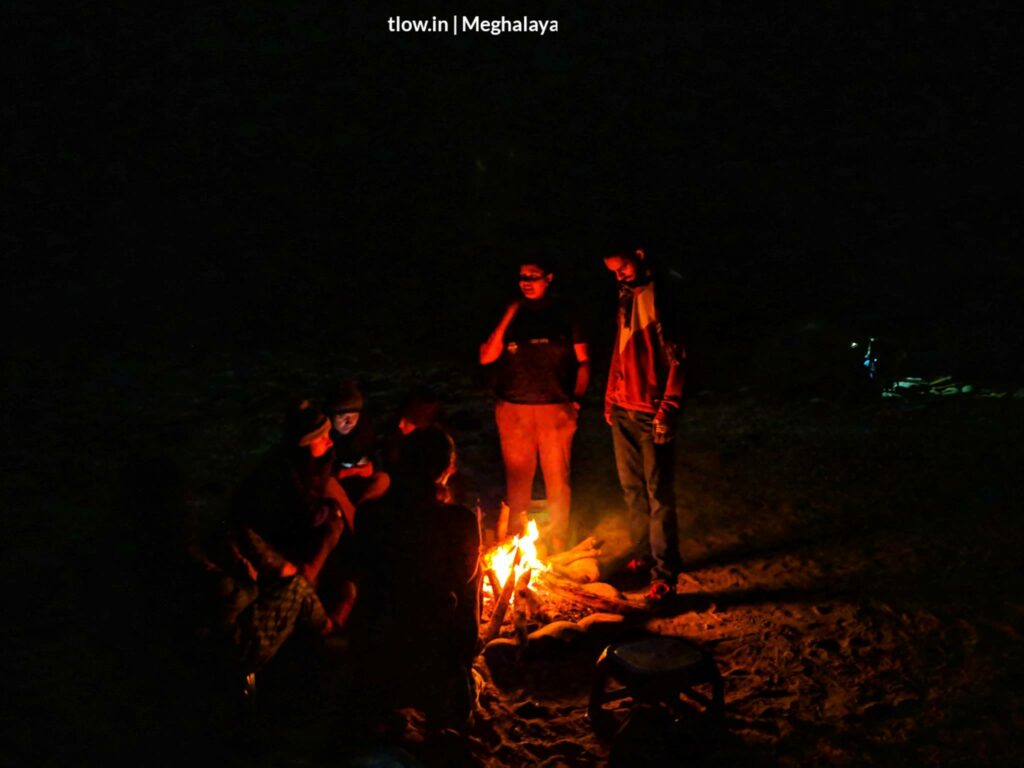
4. Camping Skills:
Teach your kids practical skills such as setting up a tent, building a fire, cooking outdoors, and navigating using a compass or map. These skills can be incorporated into lessons on physics, math, and survival skills.
Encourage children to observe and study the local flora and fauna. Bring along field guides, binoculars, and a nature journal for children to record their findings. You can also teach them about different ecosystems, weather patterns, or rock formations they might encounter.
5. Literature and Writing:
Choose camping-themed books for reading aloud or encourage your kids to read books about nature and adventure. Have them write and journal about their camping experiences, describing the sights, sounds, and feelings.
6. Science Experiments:
Plan science experiments that can be done outdoors. Explore topics like water purification, weather forecasting, or simple physics experiments using natural materials found around the campsite.
If you are camping with other homeschooling families, organize group activities where children can interact and learn together. This could include group hikes, educational games, or nature-themed group projects.
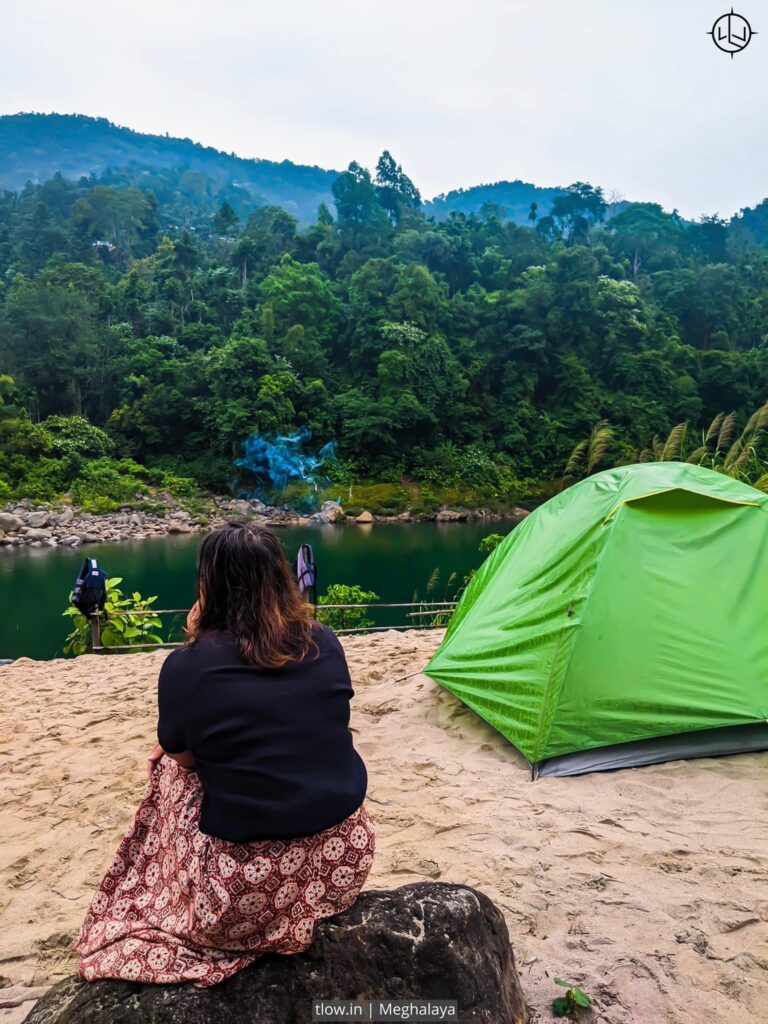
7. Art and Crafts:
Encourage your kids to create art inspired by nature. Collect leaves, rocks, and other objects to make nature collages or use natural materials for crafts. Paint or draw landscapes or wildlife.
8. Physical Education:
Camping provides ample opportunities for physical activities. Engage in hiking, biking, swimming, or playing outdoor games to keep your kids active and fit.
Engage children in creative activities inspired by nature. They can collect materials such as leaves, pinecones, or rocks and use them to create artwork or crafts. This can include leaf rubbings, rock painting, or making nature-inspired collages.
9. Social Studies:
Teach your kids about different cultures, indigenous peoples, or native tribes that historically inhabited the regions you camp in. Discuss their traditions, lifestyles, and how they interacted with nature.
If there are historical sites near your camping location, incorporate history lessons into your camping adventure. Teach your children about the significance of the area, the people who lived there, and the events that took place.
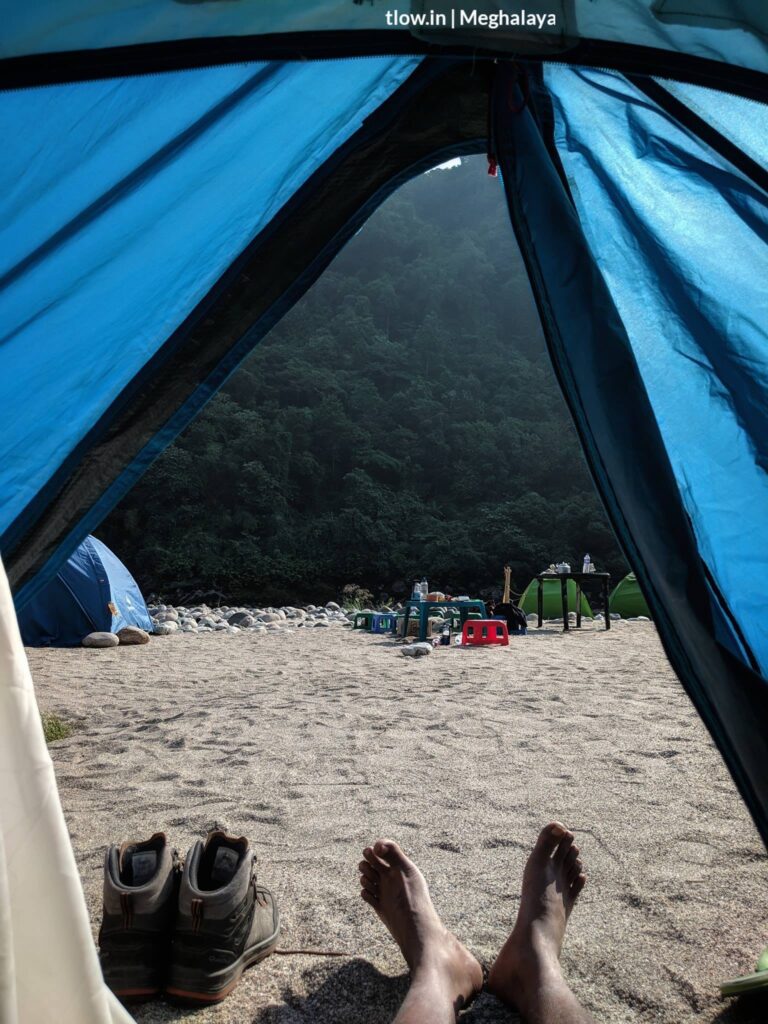
10. Wildlife Conservation:
Use the camping experience to educate your kids about the importance of environmental conservation and protecting wildlife. Discuss current environmental issues and have conversations about sustainable practices.
Camping provides an excellent opportunity for children to learn outdoor skills such as fire-building, setting up tents, cooking over a campfire, and orienteering. Encourage your children to actively participate in these activities, fostering independence and self-reliance.
Remember, homeschooling camping should be a balance between structured learning and allowing children to explore and discover on their own. Be flexible and let children follow their interests and curiosities too. The goal is to provide a unique educational experience in a natural setting, fostering a love for learning and the outdoors.



